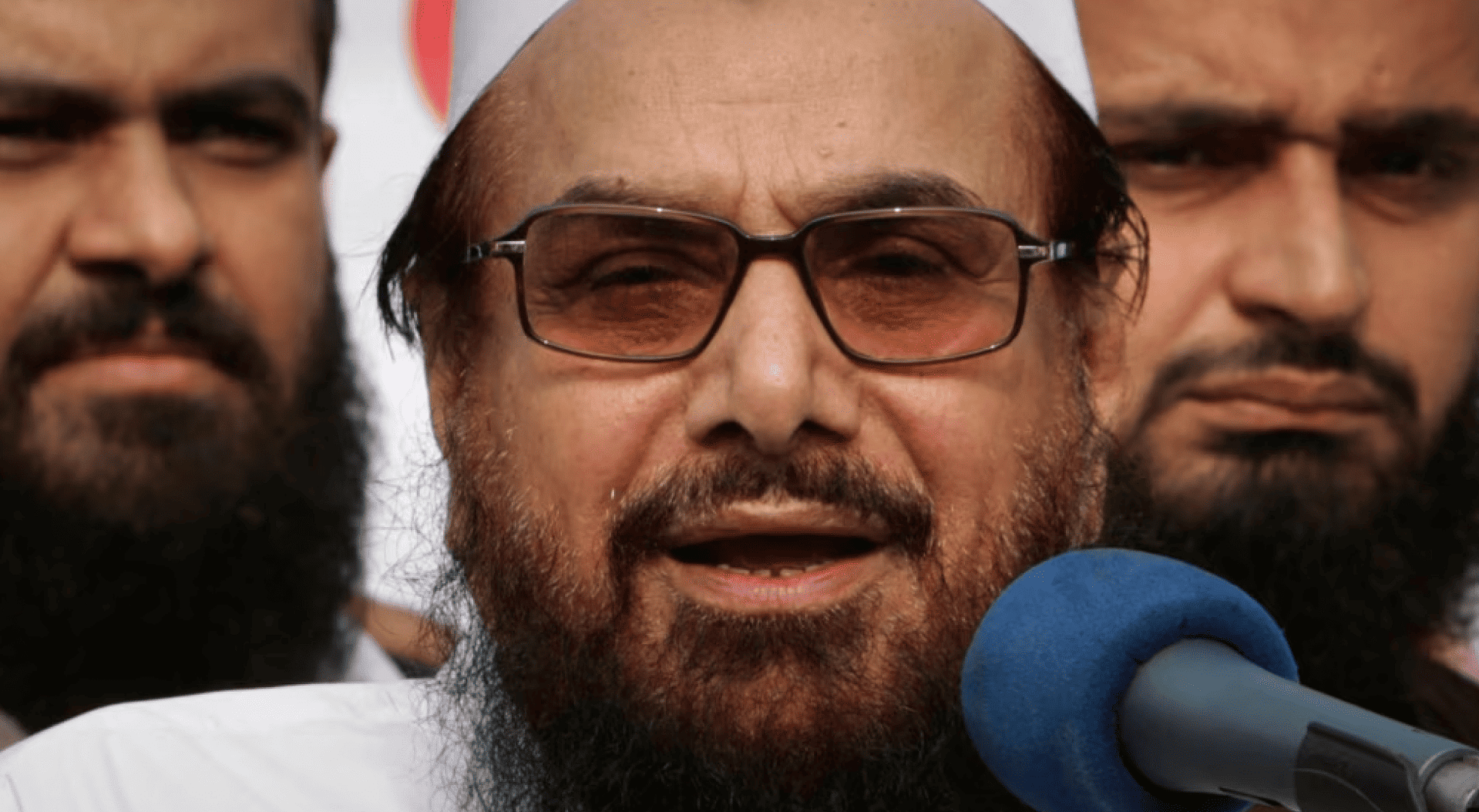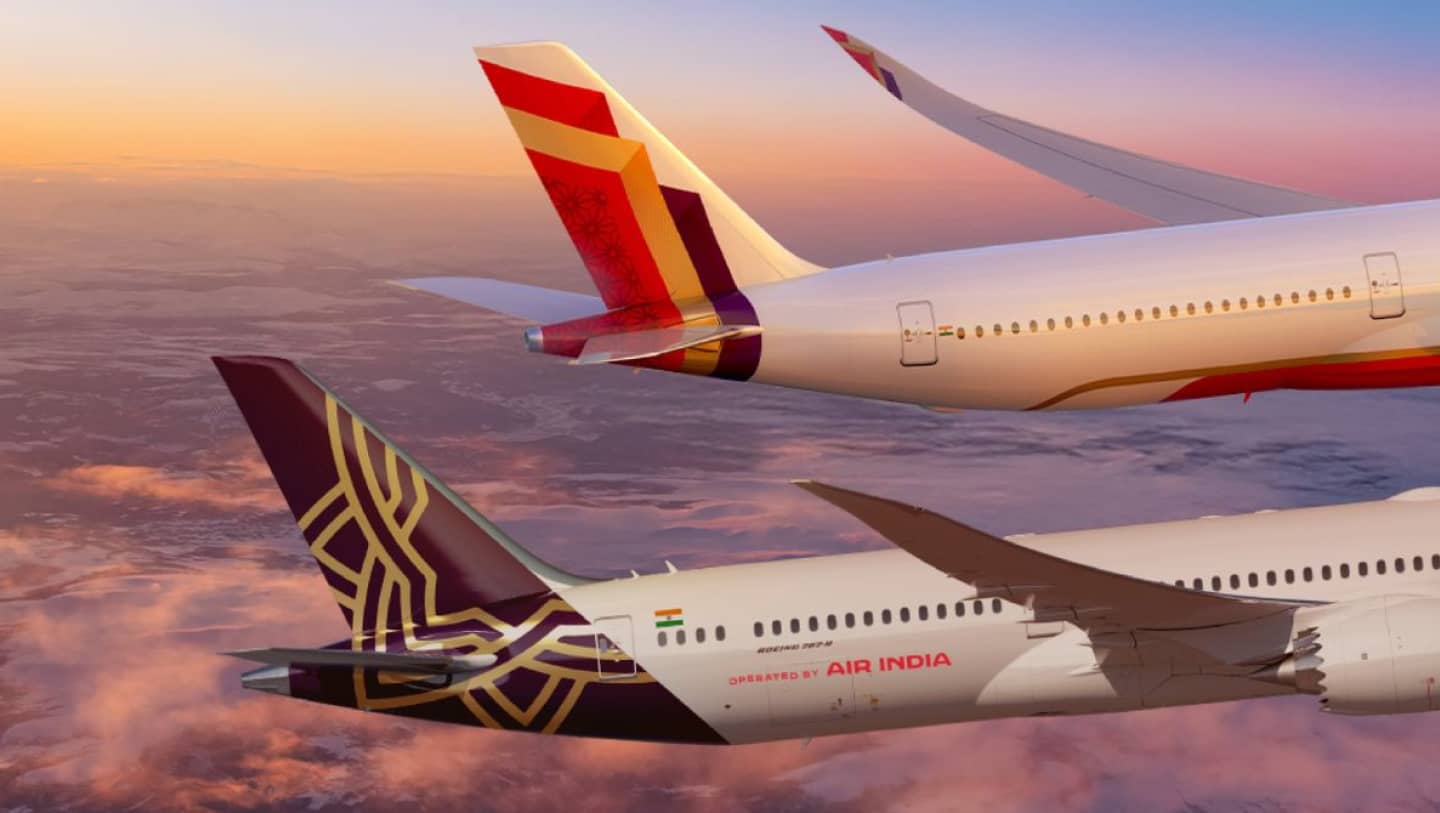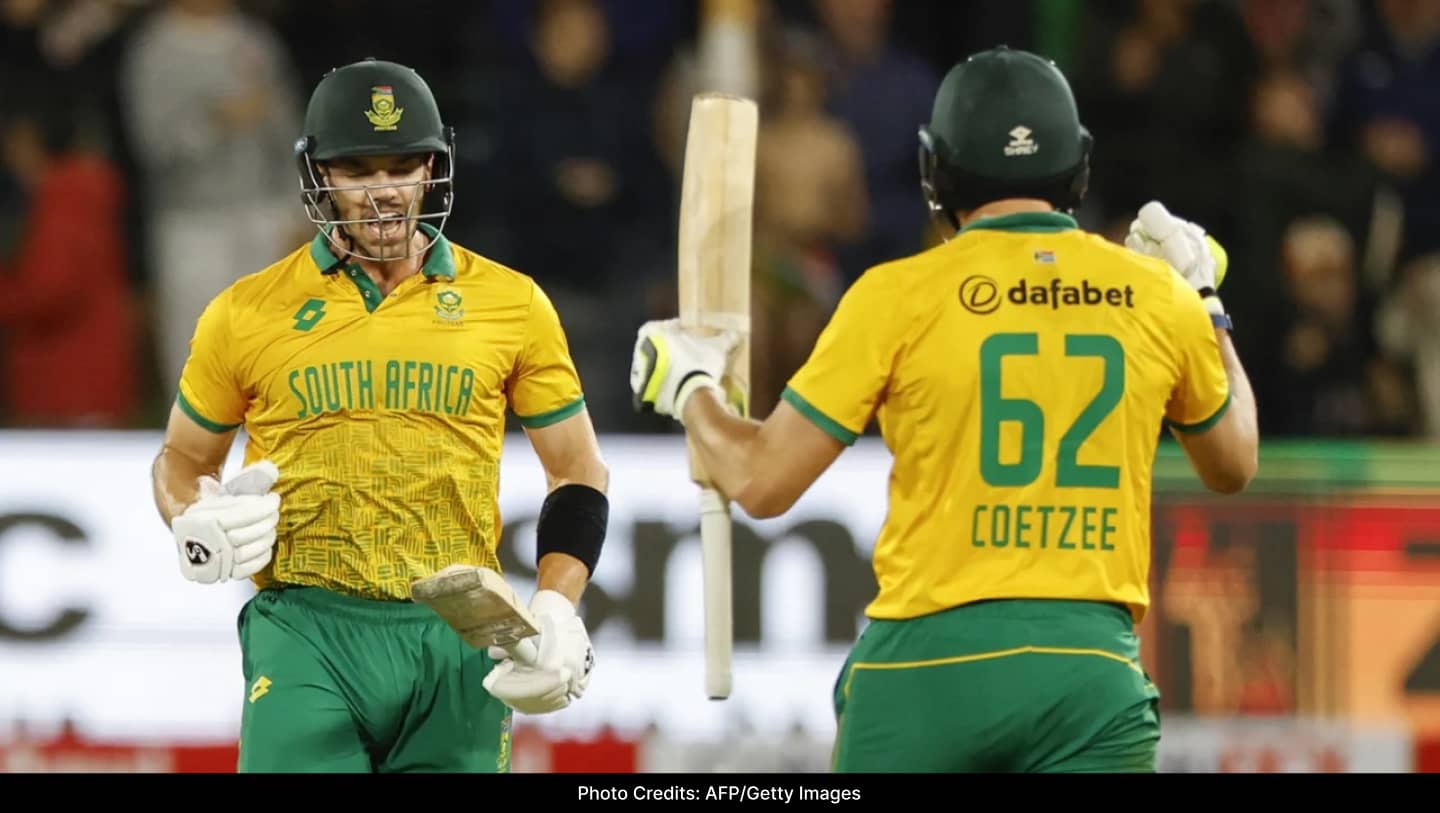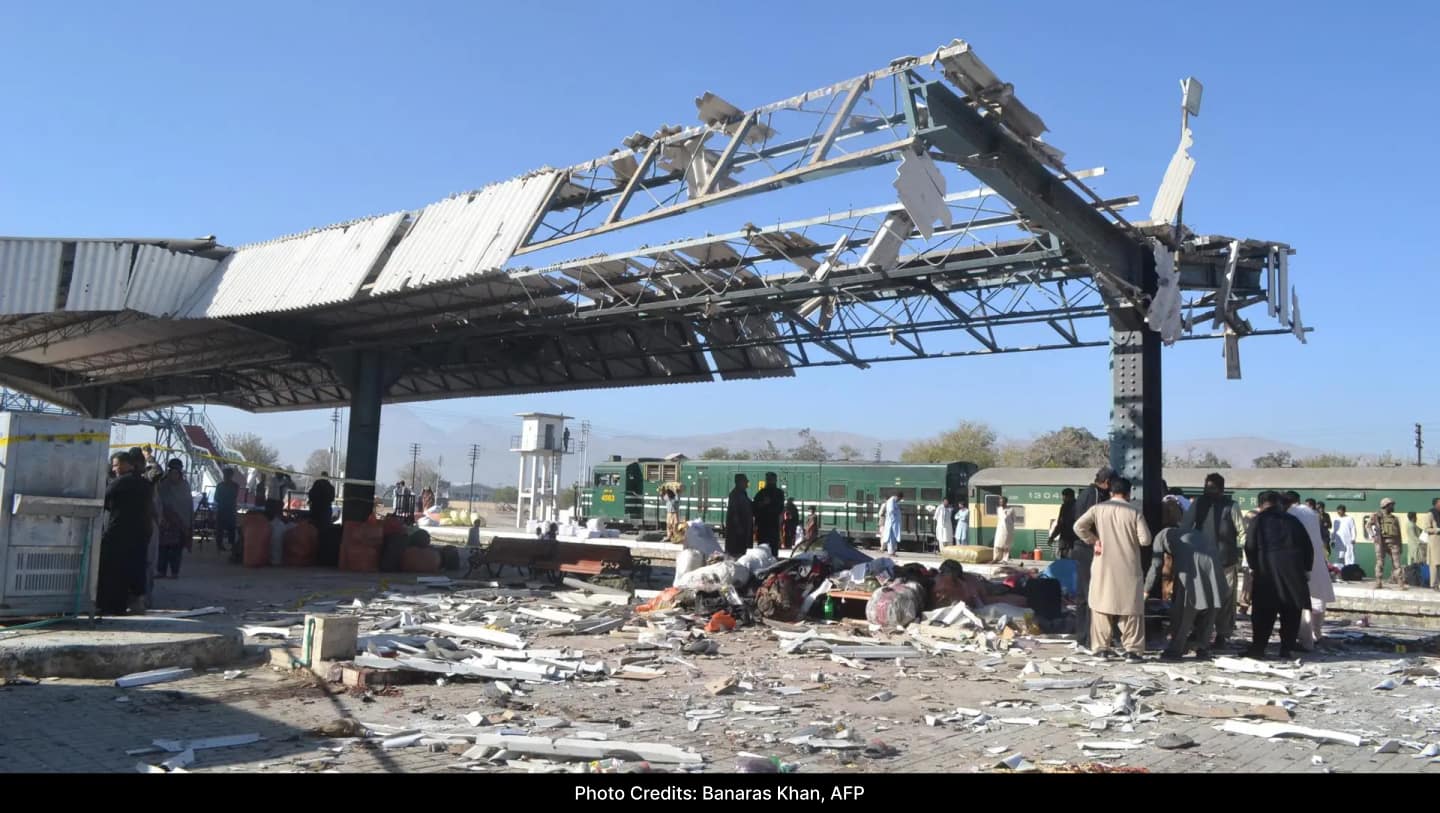India has formally requested that Pakistan extradite 2008 Mumbai attacks suspect Hafiz Saeed to face trial in India, New Delhi’s Ministry of External Affairs said.
“We have forwarded the application along with relevant supporting documents to the Pakistani government,” ministry spokesman Arindam Bagchi told reporters at a briefing on Friday.
Bagchi said the latest communication was sent to Pakistan “several weeks ago”, local media reported.
Saeed, who is currently in custody in Pakistan, co-founded the armed group Lashkar-e-Taiba (LeT). India and the United States accuse him of involvement in the attacks on India’s financial center that killed 166 people.
India has long been asking its neighbor to extradite Saeed for trial in the case.
Saeed denies involvement in the 2008 attacks, in which 10 militants slipped into Mumbai by boat from Pakistan. The gunmen attacked the city’s monuments for several days.
Pakistani authorities placed him under house arrest for various periods and accused him of involvement in armed groups. On 9 April 2002, Saeed was jailed for 31 years by a Pakistani court in connection with the financing of “terrorism”.
Saeed’s Jamaat-ud-Dawa group was also banned by the Pakistani government. The organization, which has been accused of financing armed groups, was designated a “terrorist” organization by the US in 2001.
The United States offered a $10 million reward for information leading to his conviction.
India hanged the sole survivor of the 2008 attack, Pakistani national Mohammad Ajmal Kasab, in 2012.
The Kashmir Connection
LeT has been accused of using Pakistani soil to attack Indian security and government targets in Indian Kashmir.
Pakistan and India claim the mountainous territory of Kashmir in its entirety, but administer separate parts of it.
They fought two of their three full-scale wars for territory. India has also accused Pakistan of supporting armed groups such as LeT and Jaish-e-Muhammad, which operate in Indian Kashmir.
Pakistan denies the allegations, saying it has acted against all armed groups operating on its territory. Islamabad supports Kashmir’s right to self-determination against Indian rule.
India’s Supreme Court last week upheld the government’s 2019 decision to strip the Muslim-majority region of limited autonomy and place the region under direct rule from New Delhi. Tens of thousands of Indian troops are deployed in the region to quell an armed insurgency that broke out in the late 1980s.
India has been accused of violating human rights and undermining the democratic rights of Kashmiris, but Delhi says its tough measures are aimed at ending what it calls “terrorism”.
Last week, Indian soldiers were accused of killing three Kashmiri civilians in custody. The government has launched an investigation into the death.




